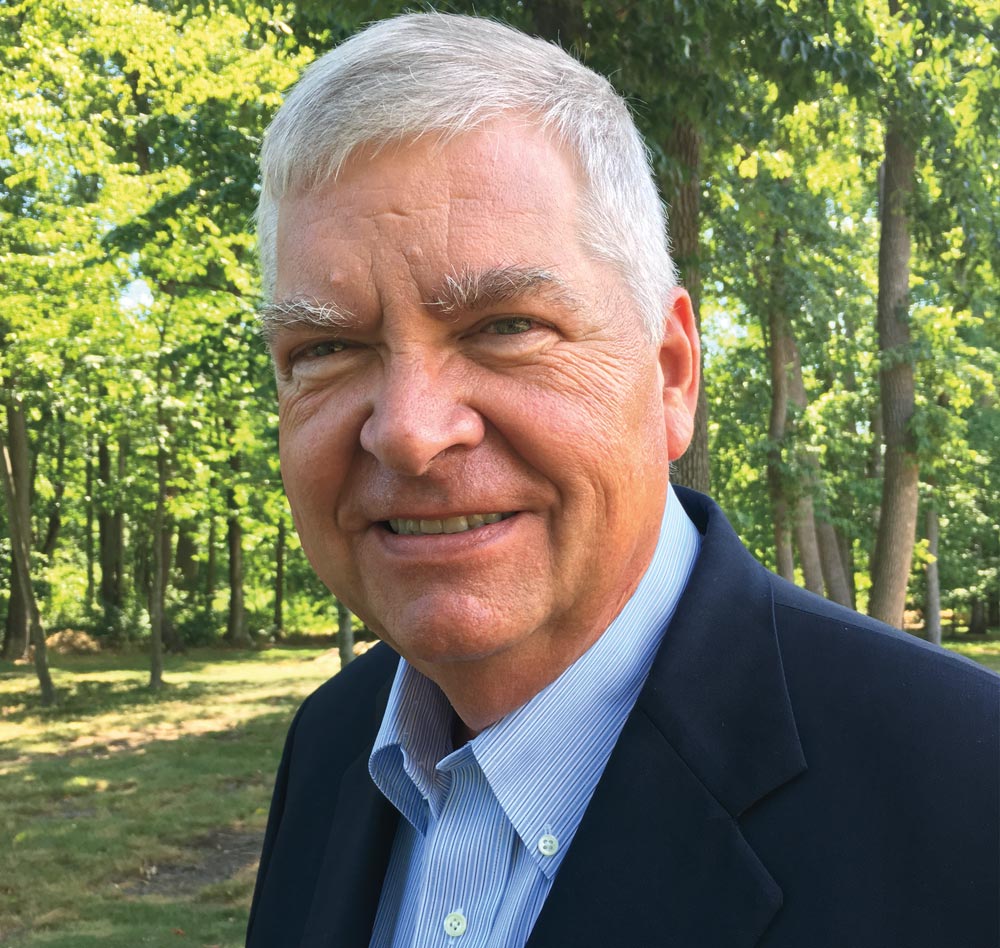His career path would probably surprise his Bucknell classmates. A biology major, Johnson didn’t consider a legal career until his senior year, when a friend challenged him to take the LSAT and see who would do better. After getting what he says was “a shockingly high” score, Johnson thought, “maybe I have an aptitude that fits with the law.”

Johnson says his success in the law and lobbying draws directly on his experience with Cap and Dagger, Bucknell’s student-led theatre group. It taught him the importance of telling a compelling story to his audience — which in his profession included judges, juries and Congress. He is also well-regarded for mentoring and coaching his colleagues — an aptitude he developed while directing A Midsummer Night’s Dream his senior year. It was an early case where he learned, “Your most enduring legacy will be the people you help to succeed.”